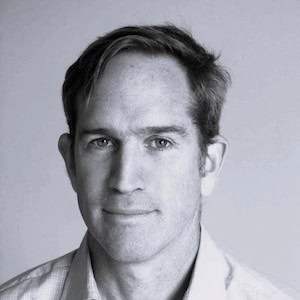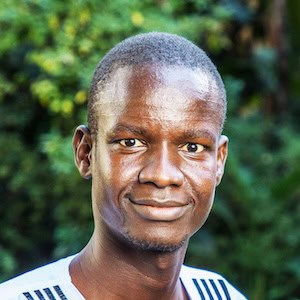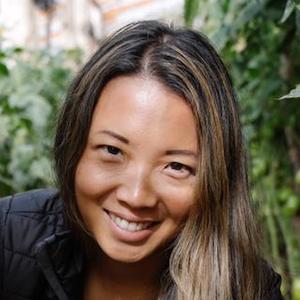-
Poor and Unbanked in India?: Why 12 digits could equal financial inclusion
The Aadhaar program has already begun issuing 12-digit individual identification numbers that will soon let Indians verify their identity and address any time, anywhere within the country. Each Aadhaar ID number is connected to a citizen’s biometric data: photograph, iris scans and fingerprints. It will allow individuals to document their credit history and link their ID number to electronic payments through an Aadhaar-connected bank account.
- Categories
- Uncategorized
-
Weekly Roundup – 5/19/13: A ‘fork in the road’ for B-Schools
Many business schools have maintained social entrepreneurship education in the same way that corporations cordon off corporate social responsibility initiatives. That is, the CSR projects are highlighted in glossy brochures or annual reports, but are rarely integrated into the core of the company’s operations. Infusing social business knowledge into the standard courses within curriculum, is just one way to potentially break the pattern many lament.
- Categories
- Education
-
Putting the Horse Back in Front of the Cart: The dominant model of business education is broken
We desperately need new models of business education and entrepreneurial development appropriate to the challenges we face in the 21st century, which include epidemic inequality, ecosystem degradation, and a looming climate crisis.It is for this reason that I have become closely involved in the founding of the new Emergent Institute (originally the Indian Institute for Sustainable Enterprise), based in Bangalore, India.
- Categories
- Education, Environment
-
What are the most promising Base of the Pyramid business models in Latin America?
Housing, education and banking, increasingly through mobile technology, are three of the fastest growing areas for private companies doing business with the Base of the Pyramid. Dozens of BoP business practitioners and experts will discuss their companies’ successful models at the Inter-American Development Bank’s II BASE Forum International set for June 6-7, 2013 in Medellin, Colombia.
- Categories
- Uncategorized
-
Franchising Family Planning: Janani finds success – and challenges – in rural India
India is the site of a large share of global unmet need for contraception, with up to 23 percent of couples lacking family planning methods in some states. Janani, an NGO, is partnering with the Indian government to address this problem. It offers contraceptives and low-cost, high-quality reproductive health services through a combination of social marketing and franchising. Robert Hecht of Results for Development visited the group and discusses its work.
- Categories
- Health Care
- Tags
- public health
-
India’s Solar Power Surge : Low interest loans and government subsidies could electrify off-grid, microgrid sector
If you’re a you are a solar technology manufacturer, service provider, or an equipment provider of components like batteries - access to low-cost financing has never been better. Offering industry an insight into the future road map, the Ministry of New and Renewable Energy released draft guidelines for its Jawaharlal Nehru National Solar Mission – an ambitious plan for quick commercialization and adoption of solar technologies.
- Categories
- Energy, Technology
- Tags
- infrastructure, solar
-
Not Enough Cooks in the Kitchen: The health impact of SE Asia’s shift toward processed food
Home cooking used to be the norm for most Southeast Asian households. But now, in many urban communities, the falling price and increased availability of packaged and street food is making home cooking less attractive. The trend presents numerous health risks, and this post from Ashoka Changemakers’ Nutrients for All campaign explores some solutions.
- Categories
- Health Care
- Tags
- nutrition, public health
-
‘Slum Tourism’ for Impact?: Reality Tours couples education and social change
Besides the goal of providing visitors with a deeper understanding of India’s largest slum, Dharavi, Reality Tours has also dedicated 80 percent of its profits (about 30 percent of gross revenues) for social projects. Most of these resources are used by Reality Gives, a sister organization that performs social projects focused on the community’s youth. These include providing classes in art, English, computing, vocational training, skill development and personal health programs.
- Categories
- Impact Assessment









